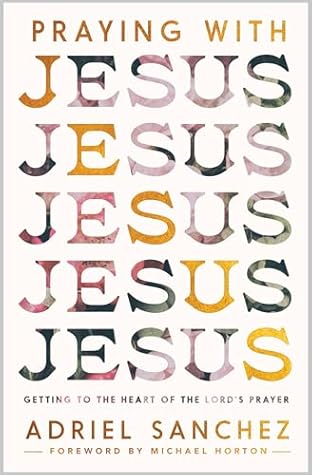Kindle Notes & Highlights
Started reading
April 27, 2024
It’s a shame when I turn privileged access to the throne of grace into a chore.
African theologian Tertullian said that in the Lord’s Prayer one finds, “the whole record of Jesus’s instruction, so that, without exaggeration, a summary of the whole gospel is to be found in this prayer.”1
In prayer, we are to be like that nightingale. Prayer is the song of your heart to God. Sometimes it’s an explosion of praise, and other times it’s a trickling lamentation. In either case, the source of true prayer is the heart.
As a key ingredient of faith, being poor in spirit conveys coming to Christ in want and need.
You don’t need to be super spiritual to pray; you just need to be poor in spirit. On the flip side, the more self-confident you are, the less you’ll tend to truly pray.
Don’t spam God with your prayers. God knows what you need better than you do (Matthew 6:8). A simple and short prayer rooted in God’s Word and will is more powerful than ten thousand empty phrases that seek to manipulate God.
Hence, we pray “not in order to make know to Him our needs or desires, but that we ourselves may be reminded of the necessity of having recourse to God’s help in these matters.”1
God sometimes chooses to hallow his name not through our victories, but through our struggles. It may be the ongoing battle with sin that causes you to lean into his grace and rely on his Spirit, or the incurable cancer through which he exhibits the glory of his name in your grasp of resurrection hope. God is already making his name holy in you if you have the eyes to see it.
When you’re so close to the catch that your life depends on it, the prayer for daily bread takes on new importance. Imagine a first-century hunter or fisherman praying that God would supply the next deer or trout. For many of us, food is so accessible that we take this petition
that we need God’s help for forgiveness, but we think we have the daily bread part covered.
Our debts are doubled when we realize that sin isn’t just the bad stuff we do; it’s also the good things we fail to do.
Forgiveness is an obligation of the forgiven, not something earned by forgiving.


